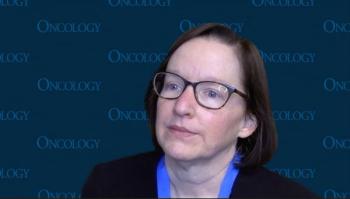
Patients with CML can become an active part of their treatment plan by discussing any questions that come to mind with their providers.

Your AI-Trained Oncology Knowledge Connection!


Patients with CML can become an active part of their treatment plan by discussing any questions that come to mind with their providers.
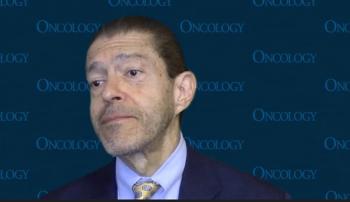
Jorge E. Cortes, MD, emphasizes proper communication between patients with chronic myeloid leukemia and their providers during the treatment course.

Dietary interventions or other medications may help mitigate diarrhea in patients who undergo therapy for chronic myeloid leukemia.
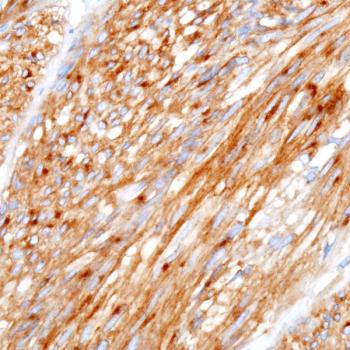
Olverembatinib has shown promising clinical efficacy in SDH-deficient gastrointestinal stromal tumors, says Haibo Qiu, MD.

Considering notable adverse effects associated with treatment may be critical when selecting therapy options for those with CML.

Phase 3 data also show an improvement in deterioration-free survival with TTFields and best supportive care in those with NSCLC and brain metastases.
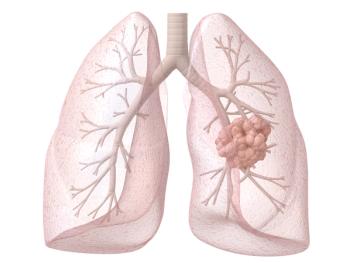
Long-term data from the CheckMate 9LA trial support nivolumab/ipilimumab plus chemotherapy as frontline treatment for metastatic NSCLC.

Phase 2 data may support petosemtamab as a best-in-class treatment for frontline HNSCC, according to Jérôme Fayette, MD.

Most treatment-related adverse effects reported with CAN-2409 plus valacyclovir in a phase 2 trial were grade 1 or 2.

No patients with dMMR rectal cancer enrolled on a phase 2 study required subsequent chemotherapy or radiation following treatment with dostarlimab.

CheckMate 77T trial saw an EFS improvement with neoadjuvant nivolumab in stage III N2 and stage III non-N2 non–small cell lung cancer.

Phase 2 data support further evaluation of datopotamab deruxtecan in patients with non–small cell lung cancer and brain metastases.

The CheckMate 816 trial reinforced the EFS data of nivolumab plus chemotherapy in resectable NSCLC.

Final DFS results from IMpower010 show consistent survival when adjuvant atezolizumab was used in stage IB to IIIA NSCLC.

Phase 2 data show that vaccination with PolyPEPI1018 may enhance the efficacy of atezolizumab in those with microsatellite stable metastatic CRC.
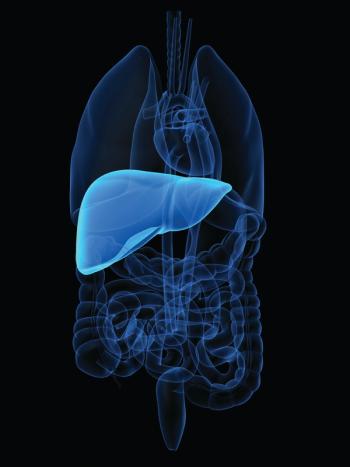
The median progression-free survival and overall survival was extended with rivoceranib among those with unresectable HCC in the CARES-310 trial.

The addition of liver transplant to chemotherapy in those with colorectal cancer and liver metastases boosted overall survival.

The safety profile of zanidatamab in the HERIZON-BTC-01 trial appears to remain consistent after longer follow-up.

Secondary end points such as overall survival also appear to favor T-DXd among this breast cancer population in the phase 3 DESTINY-Breast06 trial.

Data also show a longer median time to deterioration for patients in the inavolisib arm in phase 3 INAVO120 trial.

Phase 2 data also show activity in diseases with resistance mutations such as G2032R with taletrectinib.
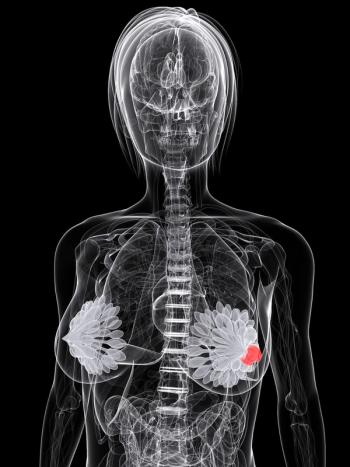
A trend towards improved progression-free survival was not noted when pembrolizumab plus sacituzumab govitecan was used to treat patients with HR+ breast cancer.

Either telehealth or in-person recipes of palliative care did not impact the quality of life outcomes for patients with advanced non–small cell lung cancer.
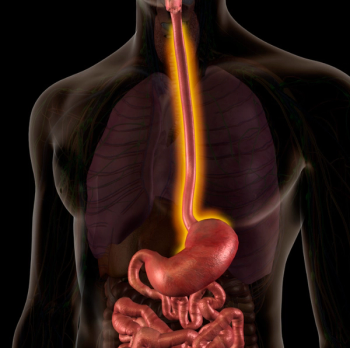
The combination of perioperative chemotherapy plus FLOT improved overall survival vs neoadjuvant chemoradiation in patients with resectable esophageal cancer.

Osimertinib may become a new standard of care for those with EGFR-mutant NSCLC, according to Suresh S. Ramalingam, MD, FACP, FASCO.

Data from the ADRIATIC trial show consistent PFS and OS benefits with durvalumab across predefined limited-stage small cell lung cancer subgroups.

Phase 3 findings show the benefit of immunotherapy before surgery in those with macroscopic stage III node-positive melanoma.

Increased PFS was noted with abemaciclib plus fulvestrant vs fulvestrant alone in hormone receptor–positive, HER2-negative advanced breast cancer after disease progression on a CDK4/6 inhibitor and endocrine therapy.

Relapse-free survival was improved when anthracycline combo was used to treat MammaPrint high-2–risk, BluePrint Luminal B, HR-positive, HER2-negative breast cancer.

A PFS benefit with adagrasib was observed across all key patient subgroups in the phase 3 KRYSTAL-12 trial.